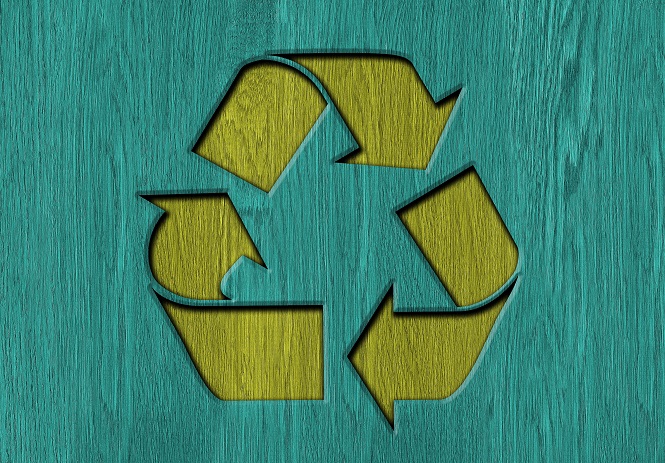 According to the EPA, over the last few decades, recycling, composting and disposal of municipal solid waste (MSW) have changed substantially in the U.S. Solid waste generation per person per day peaked in 2000 however, surprisingly, the 4.38 pounds per person per day is the lowest it’s been since the 1980s.
According to the EPA, over the last few decades, recycling, composting and disposal of municipal solid waste (MSW) have changed substantially in the U.S. Solid waste generation per person per day peaked in 2000 however, surprisingly, the 4.38 pounds per person per day is the lowest it’s been since the 1980s. What’s even better, and something we like to read here, is that our recycling rate has increased. In 1980, less than 10 percent of MSW generated was recycled, but in 2012 over 34 percent of MSW was diverted from landfills in the U.S. Additionally, disposal of waste to a landfill has decreased from 89 percent of the amount generated in 1980 to under 54 percent of MSW in 2012.
What do these numbers mean? That we are all doing something right! So we thought we’d bring you some must-read facts and the best of what’s being recycled from around the Internet.
- Recycling one aluminum can saves enough energy to listen to a full album on your iPod. Recycling 100 cans could light your bedroom for two whole weeks.
- Motor oil never wears out, it just gets dirty. Old oil can be recycled, re-refined and used again.
- Glass takes 1 million years to break down in a landfill. In other words, glass never wears out – it can be recycled forever. And, did you know? Glass is so recyclable that most bottles and jars are already made of at least 25 percent recycled glass.
- It takes three months for a recycled aluminum can to make its way back on the shelf in reincarnated form.
- Animal bones were one of the most recycled items prior to the twentieth century. They were often used for making buttons, photography and glue and paper making. Bones were also used to make gelatin, which was used in food processing.
Many organizations in the U.S. are utilizing recycling in really unique ways – here are some that we found in recent recycling news.
- Matter of Trust, a San Francisco-based non-profit, uses donations of clean hair to craft oil-absorbing hair mats and hair-stuffed containment booms made from recycled pantyhose. These booms are then used to clean contaminated water in rivers, oceans and storm drains.
- And speaking of pantyhose, No Nonsense recycles your old, nylon pantyhose, knee-highs and tights by grinding them with material used to make playground equipment, anchor rope, park benches and carpets.
- The CD Recycling Center accepts CDs and DVDs, shreds them into a fine powder that’s then melted down and used in automotive and building materials, and even pavement, too.
- Since 2006, the company reBounces has been accepting used tennis balls for free. It deploys its Green Tennis Machine to re-pressurize the balls and make them as good as new.
- Credit cards, ID cards and even hotel room keys are made from PVC. They can be recycled through Earthworks System, a plastic card collection company that will accept the cards and then chop and melt them to make sheets of PVC for new cards.
- Although it is illegal to reuse prosthetic limbs in the U.S., they can be disassembled and shipped to developing nations for use by landmine victims and other individuals in need. Check out these organizations that accept them.
And in other strange recycling news from around the world – check out what’s happening outside of the U.S.
- An airport in England collects chewed gum in a recycling bin to help make tires, toys and cell phone covers.
- New British laws mandate that old electronic appliances, including sex toys, cannot be dumped. They must be recycled with other so-called e-waste.
- Also from the Brits, Ecopods sells stylish coffins made from hardened recycled paper, available in a range of colors including indigo and silver leaf.
- In 2007, Chinese hair salons caused a stir by unlawfully recycling used condoms, possibly donated by local nightclubs, and turning them into hair ties.
- The Doggone Project in Mannheim, Germany, can recycle deceased pets into fertilizer.